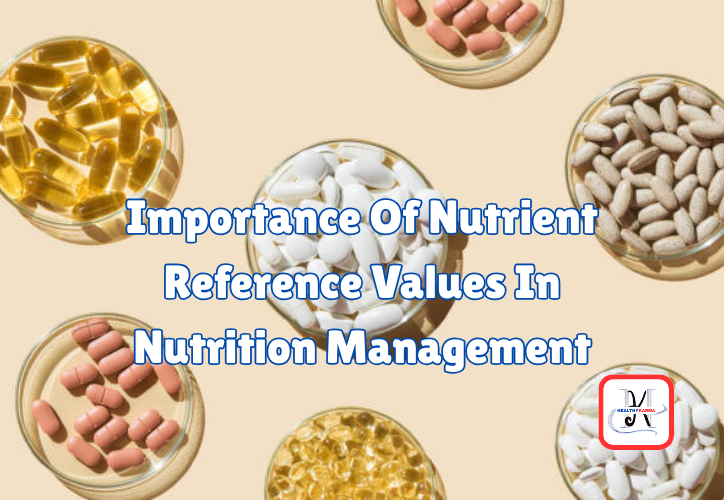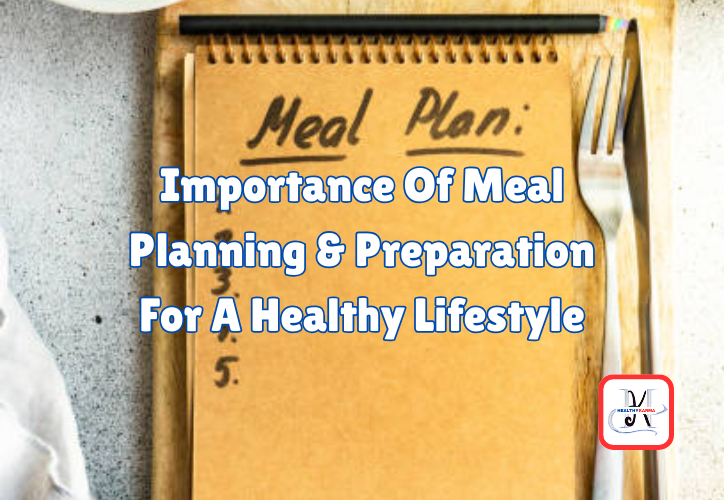

Boosting Aging Health: The Essential Role of Protein Intake in the body
introduction
The process of aging is an inevitable process for the human body, but how we navigate it effectively can significantly influence our quality of life. A crucial aspect of navigating a healthy aging process is providing the right nutrition to the body and maintaining metabolic equilibrium in the body through regular moderate levels of exercise, irrespective of the age.
A crucial aspect of healthy aging is maintaining an optimal intake of protein levels in the body. This nutrient plays a vital role in preserving the muscle mass, enhancing recovery in the case of damaged muscles and bones, and supporting overall physical performance of the body, particularly the joints in the body. This article delves into the importance of protein for older adults, offering practical strategies to ensure adequate intake, and debunking common myths surrounding protein consumption.
Protein as a nutrient and Its Importance for the body
Protein, by its chemical composition, is a macronutrient composed of amino acids, and is essential for various bodily functions. It helps repair and build muscle tissues, creates enzymes and hormones, supports the immune function in the body, and contributes to cell structure and functioning. For older adults, maintaining an adequate protein intake is crucial for preserving muscle mass and preventing disability levels once the body starts aging naturally.
The Link Between Protein Intake and Disability levels in the body
As the body starts aging as part of the natural process, and we age, our muscle mass naturally declines, leading to a condition known as “sarcopenia”. This muscle loss can lead to decreased mobility levels, increased risk of accidents by falling, and a greater likelihood of disability, particularly in the joints. Adequate protein intake helps counteract these effects in the body by preserving muscle mass and strength, promoting faster recovery from illness or surgery, and maintaining physical performance of the body, the joints in particular.
Recommended Protein Intake for Older Adults
Even though the Recommended Dietary Allowance (RDA) for protein is 0.8 grams per kilogram of body weight for the general population, it varies from body to body, as each body has individual nutritional requirements.
However, research suggests that older adults may benefit from higher protein intakes, ranging from 1.2 to 2.0 grams per kilogram of body weight per day, to better support muscle maintenance and overall health, again depending upon other lifestyle factors and personal dietary habits, among others.
Recommended Protein Intake for Older Adults
Just like all calories not created, equal, all proteins are also not created equal. High-quality proteins contain all the essential amino acids in the right proportions that are needed by the body to manage its nutritional requirements. Excellent sources of protein include:
Animal-Based Proteins
Lean meats (chicken, turkey, lean cuts of beef and pork), fish and seafood (salmon, tuna, shrimp), dairy products (milk, yogurt, cheese), and eggs.
Plant-based proteins
Legumes (beans, lentils, chickpeas), soy products (tofu, tempeh, edamame), nuts and seeds (almonds, chia seeds, hemp seeds), and whole grains (quinoa, farro, bulgur)
Dietary strategies to increase Protein Intake in the body
Incorporating sufficient protein as part of a daily diet can be challenging, especially for older adults with reduced appetites or dietary restrictions due to comorbid conditions in the body like diabetes or heart patients. Here are some practical tips:
Prioritize Protein at Every Meal, particularly breakfast
Include a high-quality protein source in each meal, such as adding a scoop of protein powder to a smoothie at breakfast, incorporating beans or lentils in salads during lunch, or enjoying a small serving of lean meat or fish during.
Snacking Smart for health
Snacking is an important part of daily dietary habits as the body may suffer hunger pangs between meals. Choose protein-rich snacks like Greek yogurt, cottage cheese, a handful of nuts, or a protein bar for healthy snacking over processed foods like cookies and biscuits or other packed foods that contain sodium and other ingredients.
taking in additional Protein Supplements
Consider protein supplements like whey, casein, or plant-based powders if dietary intake is insufficient, particularly in the case of those people where dietary restrictions are in place.
Using the right cooking methods
The method that is used for cooking the food is also an important aspect to maintain the ideal level nutritional absorption in the body. Using cooking methods that preserve protein content in the food, such as grilling, baking, steaming, or stir-frying, rather than deep frying enhance the level of protein absorption in the body.
Diversifying diet choices
Eating the same foods daily causes a sense of boredom. Incorporating a variety of protein-based sources in the diet ensure a complete amino acid profile and prevent meal fatigue and develops a positive relationship with food in the long term.
Eating the right type of protein at the right time
Research indicates that distributing protein intake throughout the day can impact the level of muscle protein synthesis and overall health. It’s therefore beneficial to distribute protein evenly across meals equally during the day and include post-exercise protein to support muscle recovery. Additionally, a small protein-rich snack just before going to bed can help maintain muscle synthesis overnight till breakfast the next day.
The Role of Exercise in Conjunction with Protein Intake
Combining adequate protein intake with regular physical activity, particularly resistance training, amplifies its benefits. Resistance exercises stimulate muscle protein synthesis and help maintain or increase muscle mass. It’s recommended to engage in strength training exercises two to three times per week, with the focus on major muscle groups.
regularly Monitoring and Adjusting Protein Intake
Regularly assessing your protein intake and making necessary adjustments is essential for optimal health. Keeping a food journal, consulting with a registered dietitian, and undergoing regular health check-ups can help monitor muscle mass, strength, and overall health, allowing for timely dietary adjustments.
conclusion
Protein, which is the cornerstone of managing a healthy aging, helps in managing functional independence in the body. Aging individuals can enjoy their golden years with vigour and vitality, by managing their dietary habits and managing a moderate exercise plan.
Remember, that it’s never too late to make positive changes to your diet and lifestyle. To understand your own lifestyle, it’s necessary to understand your body’s nutritional requirements.
Start with assessing your current protein intake, setting realistic goals, and making gradual adjustments. With consistency and dedication, you can reap the benefits of a protein-rich diet and live a healthier, more active life.
faq's (frequently asked questions)
Older adults should aim for 1.2 to 2.0 grams of protein per kilogram of body weight per day, which is higher than the general recommendation for younger adults.
High-quality protein sources include lean meats, fish, dairy products, eggs, legumes, soy products, nuts, seeds, and whole grains.
Yes, a varied plant-based diet can provide all necessary amino acids. Combining different plant protein sources throughout the day ensures complete protein intake.
While natural sources of protein from whole foods are the best options, supplements can be helpful for those who struggle to meet their protein needs through diet alone.
Every type of body is structured in a different manner and managing personalized approaches, such as enhancing meal appeal, choosing softer protein sources that are easier to digest, and opting for budget-friendly options like beans and lentils, that can easiy be converted into soups and salads can help overcome barriers in older adults.
Maintaining regular physical activity levels in the body, particularly through resistance training, enhances the benefits of protein intake by stimulating muscle protein synthesis and maintaining or increasing muscle mass.





